Two Connecticut college students have reportedly been awarded $5,000 each to research aquaculture and shifting shorelines this summer. The funding, part of the Connecticut Sea Grant Undergraduate Summer Research Fellowship, will enable them to explore the state’s coastal and marine environments using drones and GoPro cameras.
Research on Oyster Cages in Eelgrass Meadows
Kelly Jiang, a rising senior at the University of Connecticut, will investigate how oyster cages affect underwater habitats in Groton’s eelgrass meadows. These cages, which create habitats for certain marine life, will be studied using GoPro cameras. This project builds on Jiang’s long-standing interest in aquaculture, sparked during their time at Marine Sciences Magnet High School in Groton.

Jiang credits early exposure to UConn courses with giving them a head start in college and fostering their passion for conservation and ecology. They hope to become a scientific researcher after applying to a graduate program at UConn.
“It opened a lot of doors for me knowing I had so many choices available,” Jiang said. “I think even if you don’t pursue aquaculture or marine science, knowing the processes and work done in this field will help as informed people can bring about change through laws or policies.”
Jiang’s advisor, Ashley Hamilton, who leads monitoring at the Connecticut National Estuarine Research Reserve, has been a significant influence. Hamilton has guided Jiang in analyzing camera footage for species diversity and abundance at the Reserve and encourages Jiang’s continued exploration of aquaculture.
“Beyond this summer, I hope to help Kelly further develop career opportunities – namely supporting them through additional exploration of aquaculture, helping them network with relevant industry persons and encouraging them to present this project’s findings at relevant conferences or workshops,” Hamilton said.
Mapping a Unique Beach with Drones
Edith Vincze-Farago, another fellowship recipient, will use drones to map Chaffinch Island Park’s “perched beach” in Guilford. This unique beach, sitting atop a salt marsh, has shifted landward with each significant storm, responding to rising sea levels. Vincze-Farago’s work will include interviewing local officials and residents to gather additional insights.

Scott Graves, a professor at Southern Connecticut State University, is advising Vincze-Farago. He notes the importance of this research for understanding coastal changes and the potential for publishing their findings.
“After nearly 90 years of existence, where it has served as a recreational resource for picnicking and access across the salt marsh for fisher folk, etc, this unique perched beach deposit may well not last into the next decade,” Graves said.
Currently interning at the Greenwich Conservation Department, Vincze-Farago is in her last semester at Southern Connecticut State University. She plans to pursue a graduate degree, building on her GED and associate’s degree from Housatonic Community College.
“However, I do know that I want to choose something that will allow me to have the biggest impact as both a human and a scientist on improving human-nature relationships,” she said.
The Bigger Picture
These research projects are part of a broader effort by Connecticut schools to invest in aquaculture and marine sciences. The Sea Grant fellowship aims to expand opportunities for underrepresented groups in these fields, reflecting a commitment to diversity and inclusion.
DroneXL’s Take
The use of drones and GoPro cameras in these research projects highlights the innovative ways technology can enhance our understanding of coastal and marine environments. By providing detailed aerial and underwater views, these tools enable more precise data collection and analysis, crucial for addressing environmental challenges. Supporting young researchers like Jiang and Vincze-Farago not only advances scientific knowledge but also ensures a new generation of informed and passionate conservationists.
Discover more from DroneXL.co
Subscribe to get the latest posts to your email.
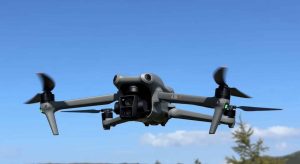



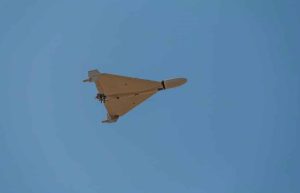
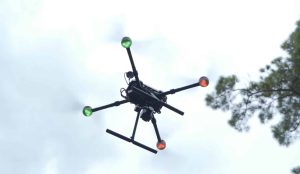
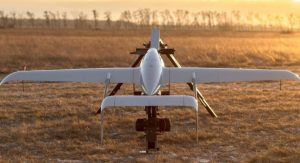
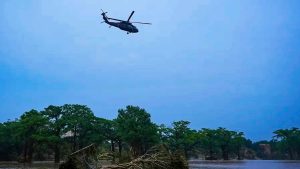
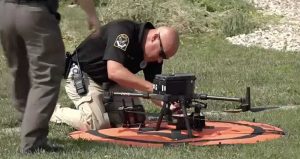

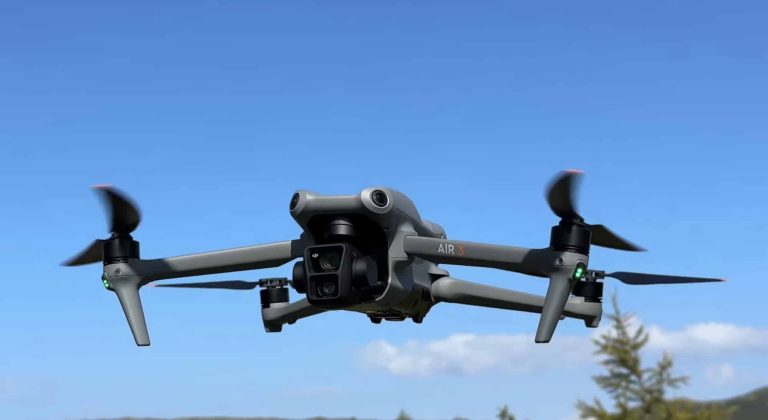
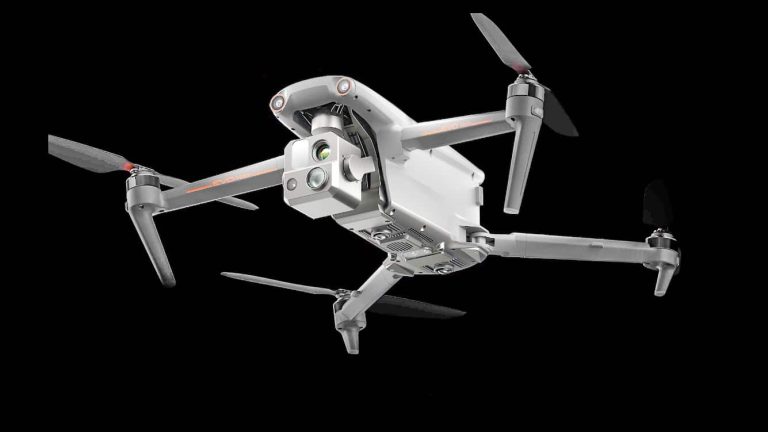

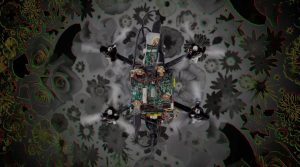

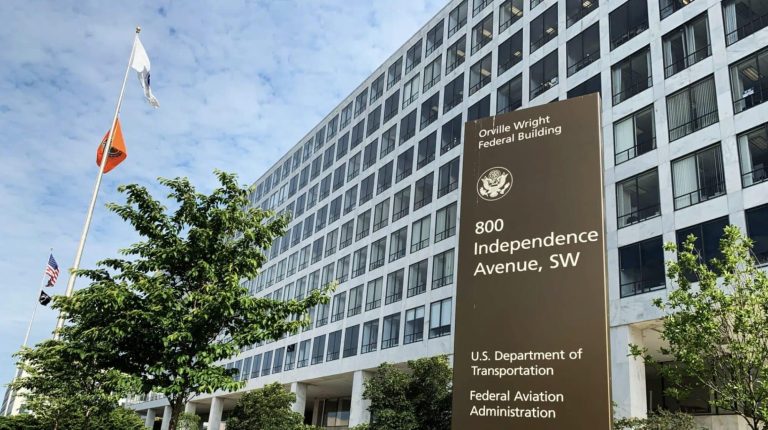
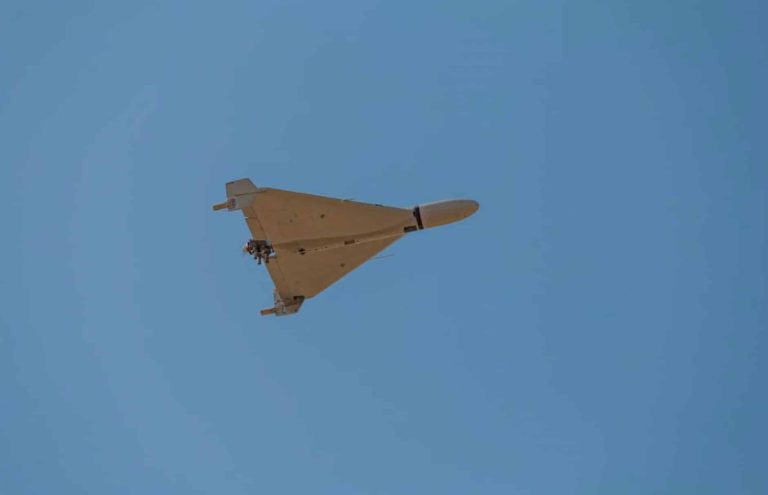
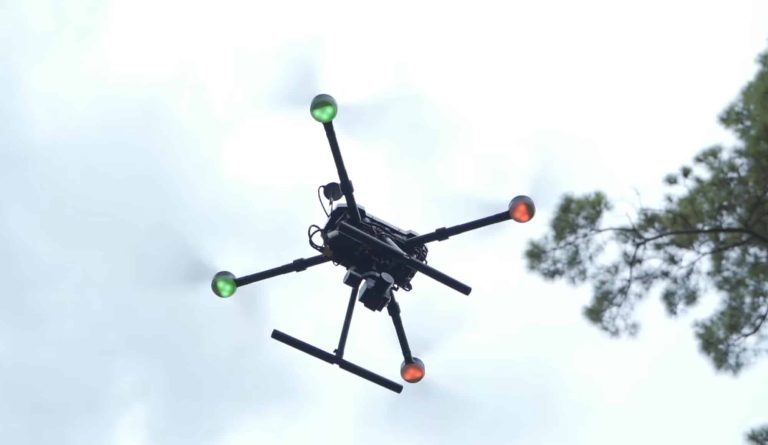
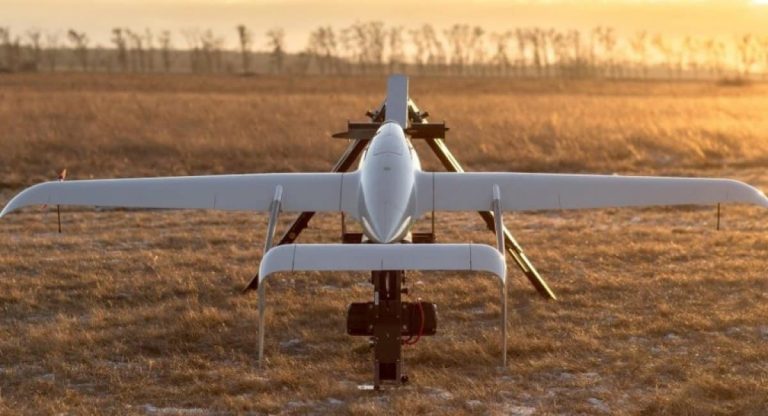
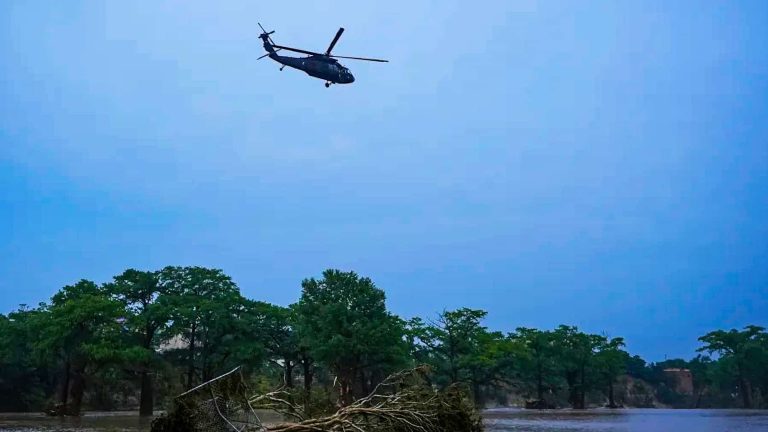
+ There are no comments
Add yours